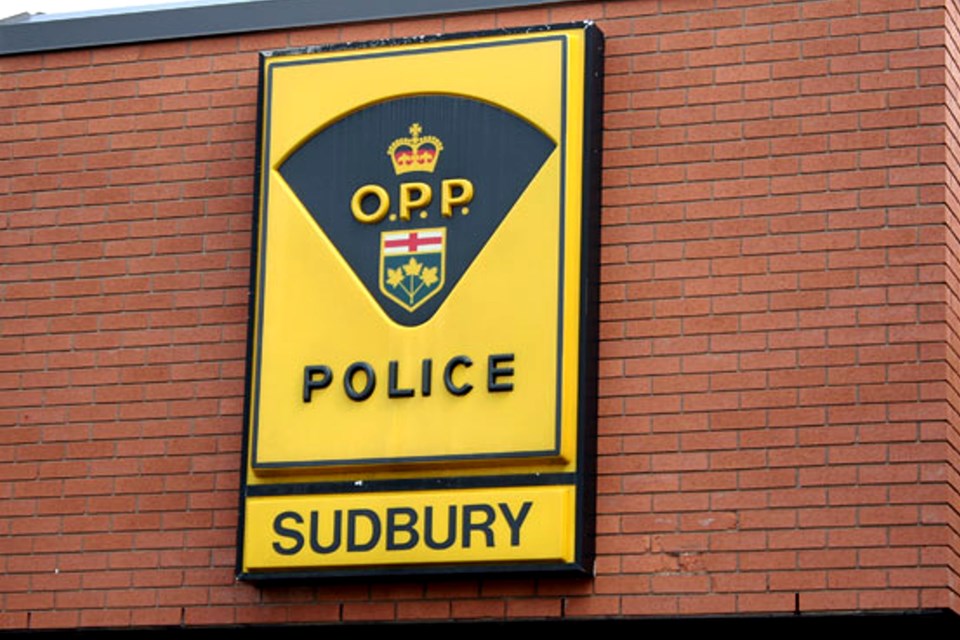SUDBURY - After being found guilty of impaired driving, a man charged by the Sudbury Ontario Provincial Police in 2023 has been acquitted of the charges after a judge found his Canadian Charter rights were violated.
Sudbury provincial court Justice Graham Jenner heard the case on Aug. 1-2 and Aug. 13, releasing his decision on Oct. 15.
In throwing out the charges against Maninder Grewal, the court cited several rights violations committed by the OPP officers involved, including police ending Grewal’s call with his lawyer early, not clearly communicating that Grewal could have any lawyer he wished and detaining Grewal longer than necessary.
The court heard from seven witnesses, including Grewal, who testified on the understanding that his evidence was only being offered on the Charter application. Grewal was arrested July 21, 2023 on an “unpaved rural road just off the highway outside Sudbury” where he had pulled over.
He was approached by now retired OPP Const. Rod St. Marseille, who told the court Grewal was impaired, which he determined based on the smell of alcohol in the vehicle.
According to the accused’s attorney, and conceded to by the Crown, if the Charter application was granted, the accused should be acquitted on both counts he was charged with: impaired operation of a conveyance and having a blood alcohol concentration that was at or above 80 mg/100 ml, (0.08 per cent blood alcohol) within two hours of operating a conveyance.
Grewal provided two blood samples, the lowest of which was 260 mg per 100 ml of blood, or 0.26-per-cent blood alcohol.
Grewal accused police of unlawful demand for a sample of his breath when an officer requested a breathalyzer and used the failing result to arrest him. Police later discovered an open container of alcohol in Grewal’s vehicle.
Through his attorney, Dylan Finley, Grewal argued that the arresting officer should have known that “residual mouth alcohol,” i.e. drinking alcohol within 15 minutes of a test, can lead to an unreliable test result. Grewal said his arrest and the demand made for samples of his breath became unlawful and contrary to Sections 8 and 9 of the Charter of Rights and Freedoms once the arresting officer learned of the open bottle of alcohol.
Grewal also accused the police of improperly explaining the use of the two blankets he was given at the police station: they said they gave him one for comfort and one for privacy in his detention area; he believed they were both for sleeping and accused police of violating his right to unreasonable search and seizure when he was, in his mind, forced to urinate in view of the security cameras. Grewal also said he wasn’t afforded privacy while speaking with his lawyer by phone at the police station. In these three instances, Jenner found that Grewal’s rights were not violated.
However, the court found his rights were violated in three other instances: his right to choose any council he wished, his right to speak to them as long as necessary, and his claim that he was “arbitrarily detained.”
Jenner found that police violated Maninder Grewal’s right to counsel under Section 10(b) of the Charter when they gave him the false impression that his choice of counsel was limited to either a list of local lawyers or duty counsel. They also violated his rights by terminating his call with his lawyer prematurely.
Jenner also found that Grewal was arbitrarily detained contrary to Section 9 of the Charter when the police held him beyond the point necessary for his safety or that of the public.
In his decision, Jenner stated that while he believed the police had good intentions, they did not follow up properly, and made some assumptions that contravened the “proper administration of justice.”
Having found the police to have breached Grewal’s right to counsel in two ways, as well as his right not to be arbitrarily detained, the court must consider the appropriate remedy, reads the decision.
“Mr. Grewal seeks exclusion of evidence, including the samples taken of his breath, under s. 24(2) of the Charter,” wrote Jenner. “I will limit my analysis to the breath samples, as the Crown has acknowledged it cannot obtain a conviction absent that evidence.”
In order to exclude evidence, wrote Jenner, an accused must demonstrate, on a balance of probabilities, that the evidence proposed for admission was “obtained in a manner that infringed their Charter right.”
He stated his main concern was the public’s faith in the rule of law and second, the right to counsel.
“While the provision of a list of local counsel to a detainee takes on a superficial appearance of helpfulness, it cannot distract from what was a cavalier approach to a core aspect of the right to counsel: choice,” reads the decision. “That the call was ended without confirming its completion with Mr. Grewal, adds to the court’s concern that police were more focused on expediency than on Charter-compliance. That theme re-emerges with respect to the breach of s. 9 of the Charter.”
He said the police actions interrupted, on a final basis, the accused’s opportunity to meaningfully consult with counsel, “which struck at the core of the Charter-protected interest.”
In his view, “in regard to all the circumstances, admission of the evidence would bring the administration of justice into disrepute. The evidence will be excluded.”
Grewal was acquitted of his charges.
Jenny Lamothe covers court for Sudbury.com
